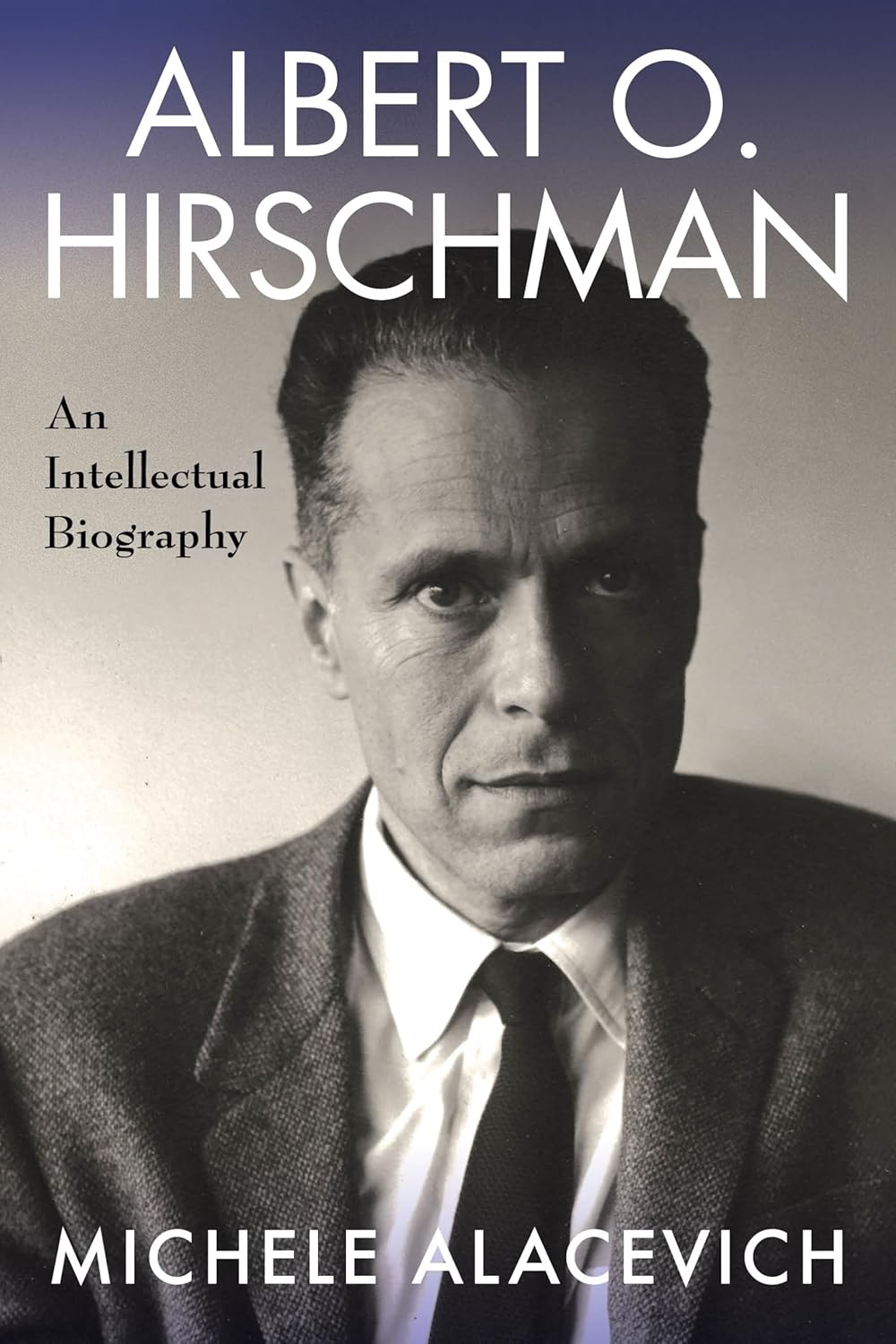There is one economist from the last century who would have felt rather at home in our moment of uncertainty, however. If any life’s work could be summed up by the mantra “We don’t know, but let’s give it a try,” it was that of Albert O. Hirschman, one of the most prominent and original social scientists of the second half of the twentieth century. The subject of a new biography by Italian historian Michele Alacevich, Hirschman theorized a uniquely pragmatic approach to economic management that took surprises for granted—quite unlike the macroeconomics of today. In an era when “crisis” rather than “equilibrium” seems the more obvious tendency of the system, the fascinating experiments of both his life and work may yet have something to teach us.
A cosmopolitan, German-born Jewish refugee to France, Britain, Italy, and eventually the United States, Hirschman became a specialist in Latin America and found a wide international audience for his work. Although an economist by training and pioneer of the nascent field of development economics in the 1950s, from practically the outset of his career he pushed against disciplinary boundaries, bringing in tools and concepts from political science, anthropology, the history of ideas, and above all from chance encounters in the field. A onetime Republican volunteer in the Spanish Civil War, undercover fixer in Marseilles for refugees escaping the Nazis, and interpreter at the first Allied war crimes trial, Hirschman completed his peripatetic career by becoming a founding member of the School of Social Science at the prestigious Institute for Advanced Study in Princeton, from 1974 until his death in 2012 at the age of 97. For all this, his intellectual legacy presents something of a paradox: he is, in a sense, both everywhere and nowhere.
On the one hand, Hirschman has few disciples today, and almost none at all in his own field of economics. Some of this might be attributed to the zigzag nature of his scholarly trajectory, and even, as he knowingly put it himself, to his “propensity for self-subversion.” But much of it comes down to the incompatibility between his style of thinking and the formal methods that took hold in postwar economics, which increasingly made his ideas marginal or even incomprehensible to initiates of the discipline. In 1995 economist Paul Krugman looked back at the crossroads of the 1950s, in which Hirschman rejected the adoption of strict modeling in development economics which had become practically mandatory everywhere else in the discipline. As he forlornly remarked, “Hirschman didn’t wait for intellectual exile: he proudly gathered up his followers and led them into the wilderness himself. Unfortunately, they perished there.”
